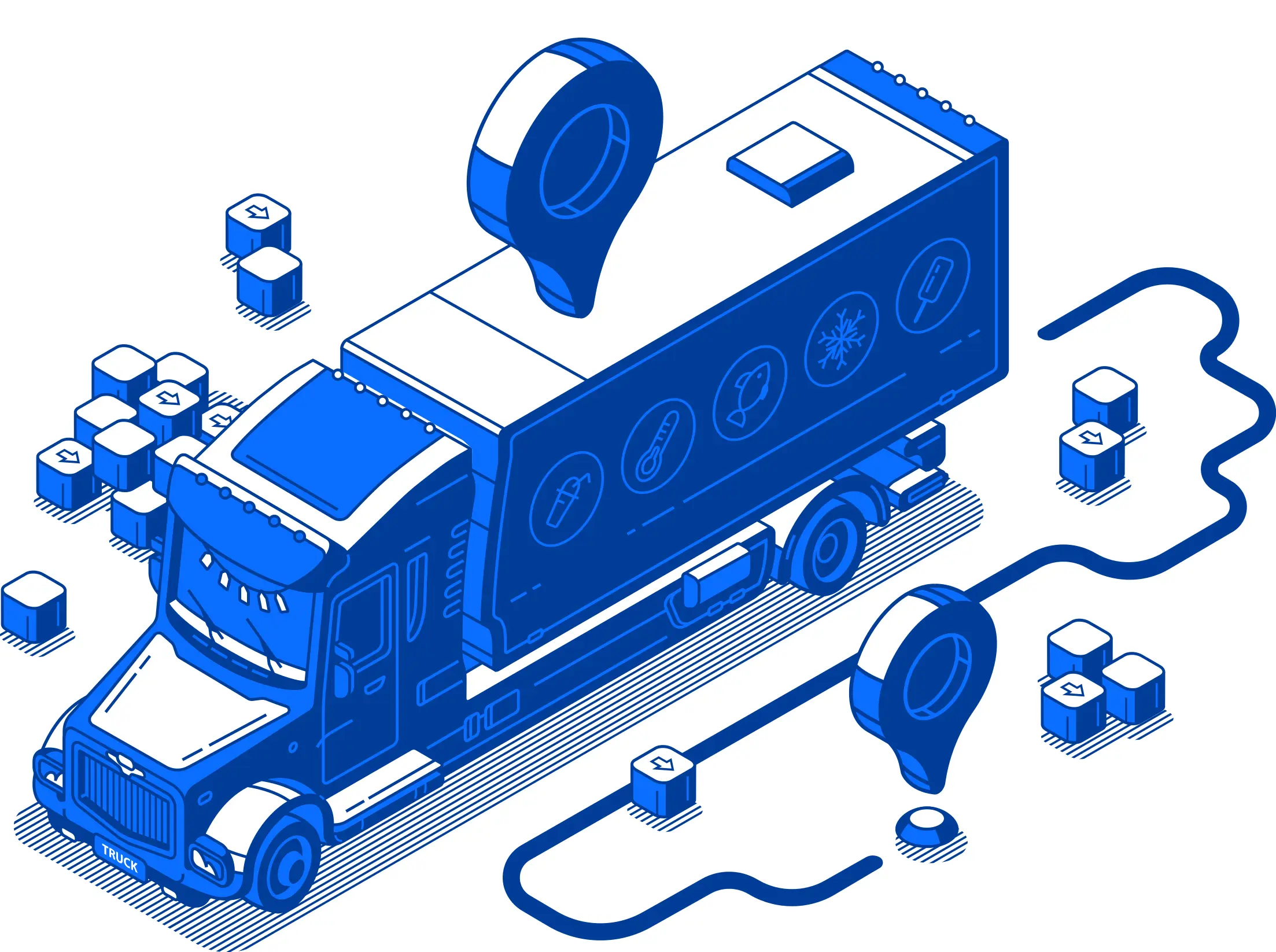Freight factoring is an important financial tool in the transportation industry. It’s a way to get paid immediately in an industry where it’s common to wait 30, 60, or 90 days after completing a job. It does come with risks, however. Understanding how freight factoring works and what those risks are is important.
Understanding Freight Factoring
Freight factoring is a financial tool where a trucking company sells its invoice (accounts receivable) to a third-party (factor) at a discount. The trucking company benefits from having immediate cash to use on payroll, license and permit fees, fuel, insurance, and other business expenses. The factor purchases the invoice at a discount and takes over collections.
Because the factor buys the invoice at a discount, the trucking company gets some or all of the amount owed after that freight factoring fee is deducted from the total. Here’s a breakdown of how it works without freight factoring and with.
- The trucking company agrees to deliver a trailer of supplies to a manufacturer for $20,000.
- A bill of lading is completed upon delivery.
- That bill of lading is used to generate an invoice that goes to the client.
- The client takes 30, 60, or 90 days to pay the invoice.
- The trucking company has $20,000 owed, even if it’s months after it’s needed.
- In that time, late fees and interest accrue and cost the trucking company valuable revenue.
With freight factoring, the process is slightly different.
- The trucking company signs a contract with a factor for a 3% freight factoring fee and a 50-cent fee for bank transfers.
- The trucking company agrees to deliver a trailer of supplies to a manufacturer for $20,000.
- A bill of lading is completed upon delivery.
- That bill of lading is submitted to the factor along with the payment request.
- The factor pays the trucking company $20,000 minus the 3% fee.
- The factor generates an invoice that goes to the client.
- The client pays the factor.
As a trucking company owner, you do lose a small percentage of the money owed through the freight factoring fee. However, that fee is a fraction of the amount you’d pay in late fees or high interest rates that a credit card company charges each month.
Plus, a freight factoring company often adds additional benefits like fuel discounts, same-day payments, and access to low-interest business lines of credit. Imagine getting paid the same day, saving money on every gallon of gas or diesel, and improving your credit score by paying bills on time. That’s what freight factoring offers, but there are two types of factoring to consider.
What is Recourse Factoring?
Recourse factoring is the riskier of the two types of freight factoring. It means that you assume all risk if your client doesn’t pay the invoice. An unpaid invoice returns to you, and you must pay the factor back.
Think of it this way. When the factor pays you in advance, it’s just a cash advance loan on that invoice. If it’s paid, great. If not, it’s essentially a cash advance loan that must be repaid. If your client pays that cash advance, you’re set. If not, you are responsible.
Factoring fees are lower in recourse factoring because the factor’s risk is lower. Suppose you agree to a factoring agreement with a 1% fee. You complete a delivery for $20,000, and the factor pays you 100% upfront. You get 99% of the $20,000, which is $19,800.
Thirty days pass, and the client doesn’t pay the invoice. The client isn’t even responding to calls, or the number is disconnected. You must come up with the $19,800 payment. If you don’t have it, your business credit rating is in jeopardy, and you could be sent to collections.
Many factoring companies hold money in a reserve account for this reason. You can’t pay, so the money is taken from the reserve. You might be able to pay it back over time by having money subtracted from future payment requests. It comes down to the contract you sign.
What is Non-Recourse Factoring?
Non-recourse factoring protects you from non-payment. Some rules apply, but the general idea is that you have insurance against your client’s unexpected bankruptcy or closure. If the client doesn’t pay because they were unhappy with your work, you have to repay the factor. If they didn’t pay because they filed for bankruptcy, you’re off the hook.
If a client doesn’t pay an invoice due to bankruptcy, the freight factoring company swallows the loss. It becomes their problem. That’s why the fees for non-recourse factoring are higher. You pay more, but you have insurance against non-payment.
Because the factor takes on the risk of non-payment, strict checks of a client’s credit history are performed.
Choosing the Best Factoring Arrangement for Your Trucking Business
The company you choose as your freight factoring partner is your choice. Choosing the best factoring agreement goes well when you ask yourself these questions and determine which arrangement is best based on your answers.
- Do you have a strong cash flow, or would you struggle with other bills if a client didn’t pay and you had to repay? If you would struggle, non-recourse arrangements are better.
- Can you afford to pay a higher freight factoring fee? If you feel a higher fee would harm your cash flow, recourse factoring might be better.
- Who do you do the most work for? If you have trusted clients who’ve been with you for decades, recourse factoring may be fine.
- Do you frequently work with new companies? If you search load finding boards and frequently work with new clients, non-recourse factoring is better.
- What is the client’s credit history? Make sure you partner with a freight factoring company that offers unlimited free credit checks. Use that information to determine if there is a risk or not. If there’s a risk, non-recourse is better, but the factor may not approve the cash advance if the risk is too high.
- Do you feel okay having to take on financial risk? Are you okay paying back an invoice if it doesn’t get paid? If so, recourse is a good choice. If you feel it would be a financial strain, choose non-recourse.
Both recourse and non-recourse factoring offer the same access to cash and help you build a steady cash flow. Non-payment is the area where they differ. If you’re willing to handle the risk of your client failing to pay an invoice, recourse factoring is a low-cost option.
When you want protection against unexpected closure or bankruptcy, non-recourse factoring is the best choice. Think of it as insurance against repayment.
Saint John Capital specializes in both recourse and non-recourse arrangements. Complete our online form to get started and learn more about our freight factoring fees, contract terms, and additional benefits.











